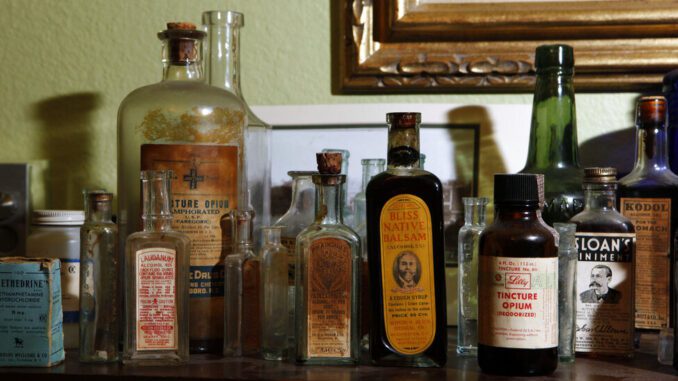
As a North Carolina physician and student of medical cannabis science at The University of Maryland School of Pharmacy, I am eager for lawmakers to provide compassionate care, hope and relief to patients and their caregivers by legalizing medical cannabis in North Carolina.
37 states have already approved the use of medical cannabis, and many North Carolinians are currently importing cannabis illegally. The associated risks are worth it because of how desperate they are and how effective this alternative treatment can be for certain conditions. However, it is a risk they should not have to take. There should be a legal avenue for these patients to access medical cannabis.
Therefore, I commend Sens. Bill Rabon (R-Brunswick), Michael Lee (R-New Hanover) and Paul Lowe (D-Forsyth) for their leadership and courage in introducing Senate Bill 711, the N.C. Compassionate Care Act and am encouraged by the bipartisan support it received last month in the Senate Judiciary Committee.
The bill will benefit patients in North Carolina suffering from debilitating conditions such as cancer, epilepsy, HIV/AIDS, ALS, Crohn’s disease, Parkinson’s, post-traumatic stress disorder and multiple sclerosis. The National Academy of Science, Engineering and Medicine reports that cannabis-based medicines are effective for the treatment of these conditions and more. SB 711 will allow physicians to authorize safe and legal access to medical cannabis for patients suffering from these conditions. This therapy has virtually no potential for fatal complications. Moreover, legal access to medical cannabis is associated with a decrease in opioid-related overdose deaths.
In 2019, an average of five North Carolinians died each day as a result of an unintentional opioid overdose. Our state has lost an estimated 20,000 of its sons and daughters to the opioid epidemic. Despite a multimillion-dollar campaign to curb the tide, North Carolina saw a 35% increase in unintentional opioid overdose deaths from 2019 to 2020. According to the Journal of the American Medical Association, states with medical cannabis legalization have recognized a 25% average annual reduction in opioid-related deaths.
This is incredible data which lawmakers need to be aware of as they decide whether to support SB 711. Based on my experience in North Carolina emergency rooms, I truly believe the legalization of medical cannabis can effectively decrease opioid usage and overdose deaths in our state. This is something we all want for our communities.
It is North Carolina’s turn to protect the most desperate and hurting among us by passing SB 711. There must be an alternative to ineffective treatments for the mom of three with breast cancer who can barely get through an afternoon with her family after chemotherapy because of intractable vomiting. There needs to be an alternative to mind numbing, sedating medications for the 33-year-old armed services veteran who has his whole life ahead of him but is suffering from debilitating PTSD. And there needs to be an alternative to opioids for the grandfather who has painful muscle spasticity from multiple sclerosis and can no longer enjoy a weekend with his grandchildren.
These truly are our mothers, fathers, grandparents, co-workers, neighbors, veterans and military personnel. We can help them. Patients using medical cannabis are not criminals. They deserve the ability to access hope and relief legally in their home state. Ensuring they can be well taken care of should not be a partisan issue. Compassionate care is something we can all agree on, and the N.C. Compassionate Care Act provides just that.
Dr. Julie Manly is a board-certified emergency physician in Elizabeth City, North Carolina and medical officer at the Durham VA Medical Center. She received her MD from the University of Louisville, trained at Duke University and is currently completing a master’s degree in medical cannabis science and therapeutics at The University of Maryland School of Pharmacy. She has been practicing medicine in North Carolina for over 15 years.



